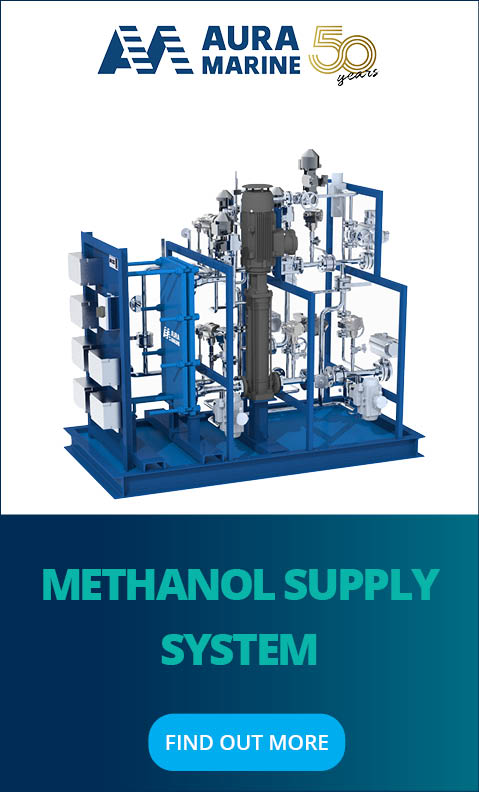Making her first official speech since her appointment as Portugal’s new Secretary of State for Maritime Affairs, Lídia Bulcão gave the keynote speech at the start of Portugal Shipping Week in Lisbon today, and shipping’s energy transition was very much the focus of the first session, along with the challenges posed to the sector in the context of ongoing geopolitical tensions.
In her speech, Minister Bulcão emphasised the importance of the EU’s green deal to shipping and ports, noting that it was a time of change, challenge and innovation for these sectors on a global scale.
Highlighting Portugal’s place as a global centre for the maritime transport and logistics industries, she spoke of the importance of investment in clean tech, improvements in operational practices, emissions reduction, and the promotion of innovation.
The Minister also referenced the new environmental landscape for shipping and the importance of sustainable shipping practices. A holistic approach involving teamwork and active collaboration between all industry partners will be needed for shipping to navigate though complex regulations and to overcome commercial challenges caused by current geopolitical volatility.
The Minister also highlighted the importance of Portugal’s ship registry, noting that over 900 vessels are currently sailing under the country’s flag.
Isabel Moura Ramos, Executive Board Member Ports of Lisbon and Setúbal, then gave an overview of the Portuguese ports sector, highlighting the significance of these two locations as core ports in the Atlantic corridor.
Looking at green initiatives currently in progress, she pointed to the introduction of onshore power at Lisbon’s cruise and cargo terminals. At Lisbon, a working group is focused on the delivery of a 31 million euros shore power project which will achieve a 45% reduction in ship emissions within the port.
The Port of Setubal is also implementing a new green strategy which will see significant expansion in the port area to facilitate the use of green and renewable energy. Plans are also afoot to redevelop an area of the port to become a ‘blue ecosystem for science and the transfer of knowledge.’
The overarching ambition for Portuguese ports is to create a ‘green, smart and more resilient port ecosystem,’ said Ramos.
Greece’s ambassador to Portugal, Vassilis Papadopoulos, gave a sobering presentation to conference delegates, highlighting the challenges posed to shipping by Houthi action in the Red Sea. Since hostilities began, in the wake of the heightened conflict between Israel and Hamas, there have been more than 57 attacks against merchant ships passing through the Red Sea region, he said. Furthermore, while attacks were initially directed toward Israeli, US and UK vessels, the targets are becoming more and more indiscriminate.
Vessels are increasingly avoiding Suez Canal transits but, the Minister highlighted, taking the longer route around the Cape of Good Hope is adding 5,500-6,600 km to vessel journeys, with an inevitable increase in carbon emissions.
Jakob Jurczyk-Bäumer, Head of Economic Affairs, Embassy of the Federal Republic of Germany, also highlighted shipping’s vital role as a conduit for international trade and, he said, the sector is increasingly in the spotlight as the geopolitical situation in the Middle East deteriorates.
Lastly in this session, Denmark’s Ambassador to Portugal, Lars Steen Nielsen, noted that consumer supply chains are increasingly demanding the provision of green shipping and he also highlighted Portugal’s growing role as a producer of green hydrogen.














